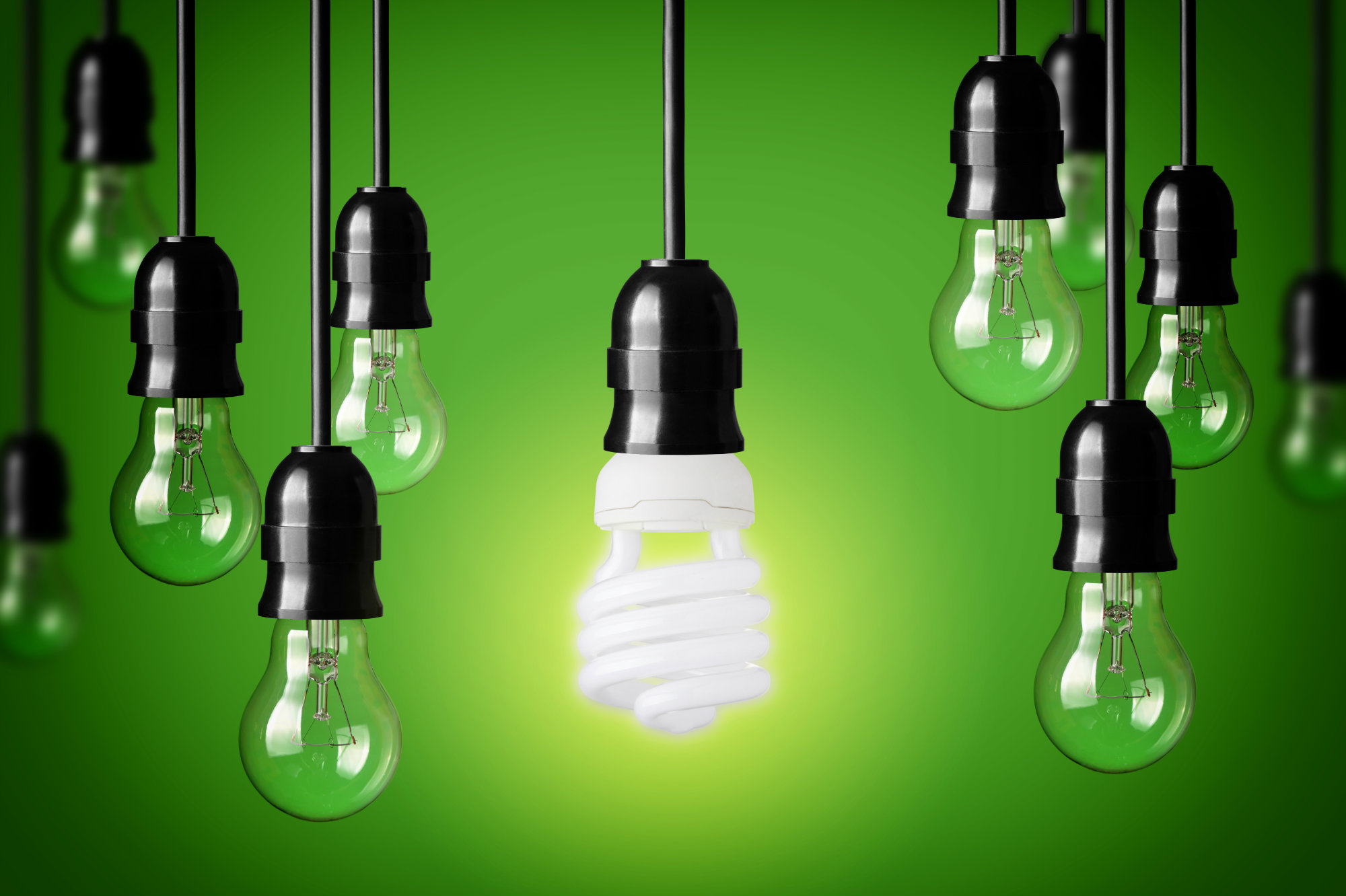Energy-efficient items, such as variable-speed pumps, LED lights, and heaters, come with a host of benefits for the end user. But as customers become more familiar with the concepts of conservation and energy efficiency, they may still experience sticker shock when given a quote.
Some of the strongest opposition can come from those in need of an upgrade or replacement. Pool owners who prefer to perform repairs themselves can be leery of new technology. Others may be looking for a quick fix, unable to think about long-term savings.
PSN spoke with dealers to see how they overcome objections and convince customers that energy-efficient products are worth the investment.
Focus on education
When it comes to selling energy-efficient items, educating the customer should be an ongoing, multifaceted strategy. In addition to having live demonstrations in the store, make education part of your overall marketing efforts.
This can be done effectively through social media and email marketing. Mallory Wachowski, retail operations manager at DesRochers Backyard Pools & Spas in Wilmington, Ill., says her company has had success with a regular email marketing campaign on energy efficiency. They focus on variable-speed pumps.
“After an email blast, we’ve had people with pumps working perfectly fine call about replacing them,” she says.
Show immediate benefits
The same approach is unlikely to work on every customer, so it’s worth paying attention and trying to determine what will resonate with the buyer. For those customers who aren’t impressed with calculations of long-term energy cost savings, try focusing on more immediate benefits.
This is especially important for LED lights, which some dealers have found to be a hard sell on energy efficiency alone. Showcasing the brighter white and the color-change capabilities works best when promoting these features, says Andrew Everleigh Sr., founder of Environmental Pools in Chelmsford, Mass.
Within the industry, energy savings often comes up first when discussing variable-speed pumps. However, these pumps offer another benefit that consumers can enjoy immediately – a noticeable reduction in noise from their single-speed cousins. Adam Fronheiser, vice president of Fronheiser Pools, in Bally, Pa. promotes how quietly these products run. He especially emphasizes this point when a client has a pool that’s close to the house.
Keep abreast of your state’s energy rebate programs and special offers from manufacturers, and explain to customers how to take advantage of such programs and how much they can expect to get back. This especially makes a good selling point for variable-speed pumps. In the near future, expect energy-efficient heaters to become even more attractive in California, where the state has implemented a rebate program for residential pool heaters.
Know your customer
Some people will prove an easier sell than others when it comes to energy-efficient products. Identify these customers in your area and market to them.
Take the initiative in attracting the right customers. This can lead to more sales in energy-efficient items. For example, it’s no coincidence that the word “environmental” appears in Everleigh’s company name. He says this shows customers up front that environmental consciousness plays an important role in his business model.
His company is committed to this principle, and he wants them to know up-front. “As a design-build firm, we don’t build anything without variable-speed pumps,” he says. “We feel so strongly that that’s the way the pool should be built.”
In general, Javier Payan, president of Payan Pool Service in San Diego, says his company works to align itself with clients who make a good fit for the business. “One of our best customers is somebody who has already used someone cheap and has had a bad experience,” he says.
Build trust
Whether they realize it or not, people buy based on emotions. Establishing trust for your brand goes a long way in any sales situation. However, it becomes even more important when you’re suggesting they spend the money on a more expensive product.
“If they trust your professional opinion, you’re more likely to convert that sale,” Fronheiser says.
For builders and service technicians, that means paying extra attention to customer service. Ken Howard, owner and president of Ultimate-Pool.com in San Diego, believes trust is a factor when selling energy-efficient products. To that end, Howard strives to be responsive to customer needs – a strategy he points out has led to positive Yelp reviews.
Another way to build trust is to guarantee your work. Payan’s company serves as an authorized installer and warranty service center for all the brands it sells, which gives them the ability to guarantee installation and warranty for three years.
“We take ownership of things we install,” he says. “If a customer has a problem down the line, we take care of it.”





